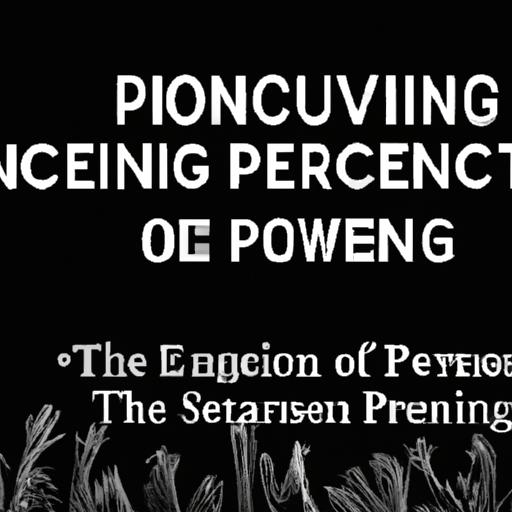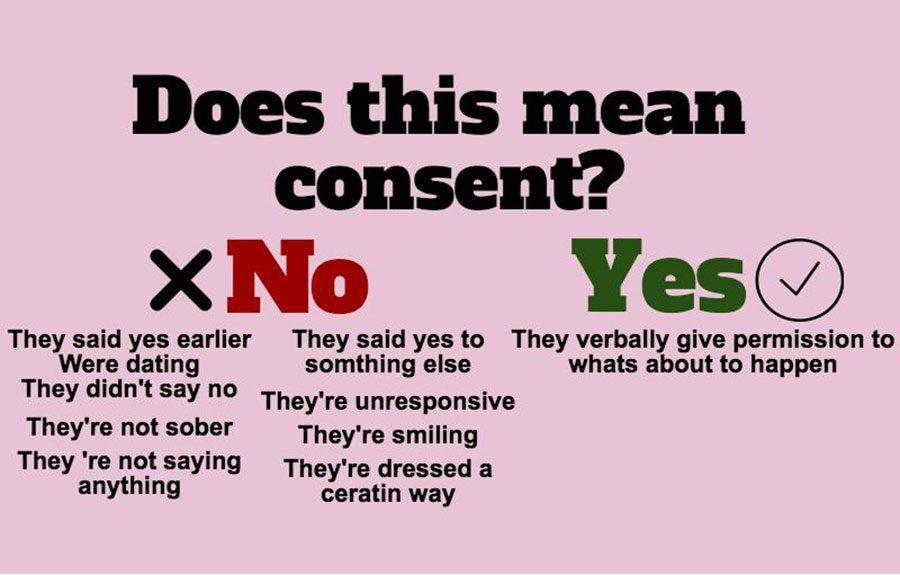Read the Exhibits That Governments Don’t Want You to See!

Read the Exhibits That Governments Don’t Want You to See!
In an age where information flows freely, some documents are still shrouded in secrecy. Have you ever wondered what is contained in the exhibits that governments don’t want you to see? This article dives deep into the hidden corners of government files, controversial archives, and the significance of understanding these documents. Whether it’s a historical incident, a recent political scandal, or ongoing investigations, knowing what’s hidden could empower citizens and spark essential dialogues.
Understanding Government Secrecy
Governments operate under a veil of confidentiality for various reasons, including national security, diplomatic relations, and public safety. However, this often leads to speculation and mistrust. The documents that are withheld can contain:
- Evidence of misconduct
- Details about controversial policies
- Information related to government contracts and expenditures
- Insight into political agendas
Why Should You Care?
Understanding these hidden documents is crucial for several reasons:
- transparency: Knowledge of government activities can foster accountability.
- Empowerment: Accessing hidden documents allows citizens to make informed decisions.
- Historical Perspective: Understanding past actions can inform present and future policies.
Case Studies of Notorious government Exhibits
1. The Pentagon Papers
one of the most infamous examples of government secrecy was the Pentagon Papers. Leaked in the 1970s, this exhibit revealed the true scope of U.S. involvement in Vietnam, undermining public trust in the government.
2. Watergate Scandal
The Watergate Scandal is another prime example of concealed documents leading to a significant political shift in the U.S. The exposed exhibits highlighted the illegal activities of the Nixon management, resulting in his resignation.
3. 9/11 Commission Report
Initially,many documents related to the events of September 11,2001,where classified. Over time,some of these were made public,revealing a lack of preparedness and serious lapses in national security.
How to Access Hidden Government Documents
If you’re keen on uncovering the truth, here are some practical tips for accessing hidden documents:
1. Freedom of Information Act (FOIA)
In the U.S., the FOIA allows citizens to request access to unclassified information held by federal agencies.
- Prepare a formal request outlining the specific documents you seek.
- Be patient; responses can take time.
2. Online Archives
Many governments maintain online repositories where select documents can be accessed. Examples include:
- The National Archives
- State Department archives
3. Whistleblower Platforms
Organizations like WikiLeaks provide platforms for whistleblowers to expose confidential documents without fear of retaliation.
Benefits of Reading Hidden Government Exhibits
Diving into these documents can offer numerous benefits to the public:
- Enhances civic engagement by informing citizens of government actions.
- Encourages dialog on sensitive issues.
- contributes to the overall accountability of government institutions.
First-Hand Experience: A Citizen's Quest for Truth
Emily, a passionate advocate for transparency, shares her journey:
“After learning about the Pentagon Papers in school, I became curious about what else was being hidden. I filed a FOIA request for documents related to a local environmental issue and was surprised to uncover a wealth of information that revealed unethical practices.” – Emily,Transparency Advocate
What Are the Risks?
1. legal Consequences
accessing certain documents could have legal ramifications, notably when it involves classified information.
2. Personal Safety
Whistleblowers and activists often face threats or harassment for exposing sensitive information.
HTML Table: Essential Resources for Accessing Government Documents
| Resource | Type | Details |
|---|---|---|
| FOIA.gov | Government Portal | Request access to federal documents. |
| National Archives | Online Archive | Access historical government records. |
| WikiLeaks | Whistleblower Site | Platform to expose classified documents. |
Conclusion
The exhibits that governments don’t want you to see often hold crucial insights into how public institutions operate and the reasons behind their actions. By seeking out this information through filing requests, engaging with online archives, and supporting whistleblower initiatives, we can foster a more transparent society. Awareness is the first step towards accountability, and informing oneself of these hidden documents may just empower you to make a difference.





Responses